December 21, 2024 | 19:49 GMT +7
December 21, 2024 | 19:49 GMT +7
Hotline: 0913.378.918
December 21, 2024 | 19:49 GMT +7
Hotline: 0913.378.918
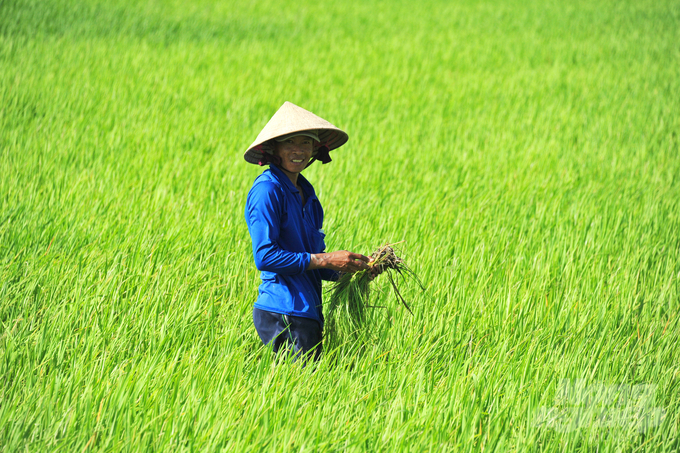
Rice cultivation in adaptation to climate change and VietGAP standards will help reduce 12 - 23 tons of CO2/ha. Photo: Le Hoang Vu.
The College of Agriculture (under Can Tho University) has just organized a seminar on "Creative Agriculture for Sustainable Development". The seminar received the participation of leaders of the Department of Crop Production (Ministry of Agriculture and Rural Development), scientists, leaders of state management agencies in the fields of agriculture, science and technology of Can Tho city as well as the Mekong Delta provinces.
Delegates discussed many issues at the seminar related to digital transformation in agriculture, agroproduction development in a green and sustainable direction, opportunities and challenges in livestock development, and control of animal diseases in a circular and biosafety direction.
According to Dr. Chau Minh Khoi, Vice Principal of the College of Agriculture), the Mekong Delta region has been affected by increasingly extreme climate change in recent years. Flooding, drought, saltwater intrusion, depletion of water resources for daily life and agriculture, and environmental pollution are showing complex developments, not following natural laws.
Some mentionable causes include intensive farming, increasing the number of crops and overusing chemicals in agriculture. Developing green agriculture in the Mekong Delta is thus an understandable path, gradually becoming a mandatory requirement in the production of export goods and international integration in the near future.
At the COP26 Conference (December 2021), Vietnam strongly committed to the goal of net-zero emissions by 2050, reducing global methane emissions by 2030. The 13th Party Central Committee also issued Resolution No. 19-NQ/TW dated June 16, 2022 on agriculture, farmers, and countryside to 2030, with a vision to 2045. Agricultural development is oriented towards ecological agriculture, focusing on developing green agriculture, organic agriculture, circular agriculture, efficiency, sustainability, transparency, responsibility, and integrating multi-values .
The most notable mark was the Government’s approval of the Scheme for Sustainable Development of 1 million ha of high-quality and low-emissions rice cultivation associated with green growth in the Mekong Delta region to 2030.
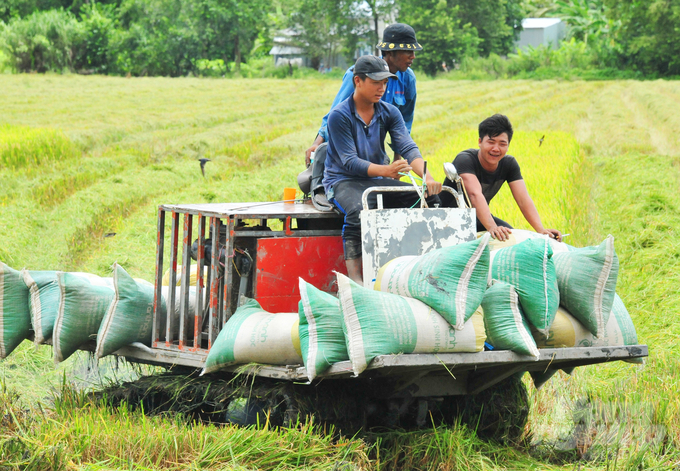
Each farming household in the Mekong Delta owns 1.2 ha of rice land on average, generating an income of VND 40 - 60 million/ha/year. Photo: Le Hoang Vu.
This shows that Vietnam's agricultural sector has been restructuring towards increasing added value, sustainable development, promoting organic, circular and green approaches. The application of science and technology, innovation is further promoted. The industry makes changes in production procedures, building standard raw material areas, improving product quality, building value chains, changing management with digital agriculture to approach world standards, contributing to increasing product value.
Dr. Bui Chi Buu Buu, former Director of the Institute of Agricultural Science for Southern Vietnam, said, “In order for rice production in the Mekong Delta to achieve green and sustainable growth in the near future, it is crucial to first promote economic restructuring associated with growth model innovation. The ultimate goal is to achieve economic prosperity, environmental sustainability and social equity”.
Aiming towards a green, carbon-neutral economy and contributing to the goal of limiting global warming, humans are always emphasized as the center in minimizing damage to the ecological environment and extreme climate change, so the agricultural industry needs to create a “lifestyle” that is responsible for the community, nature and the environment.
Dr. Bui Chi Buu Buu points out that growing rice to reduce carbon emissions on 1.9 million ha of rice means the rice industry in the Mekong Delta can reduce approximately 11 million tons of CO2 per year. In particular, reusing 70% of straw instead of burning after harvest will reduce greenhouse gas emissions by 50%.
Each farming household in the Mekong Delta currently owns 1.2 hectares of rice land on average, generating an income of VND 40 - 60 million/ha/year. Rice cultivation in adaptation to climate change and rice production according to VietGAP will help reduce 12 - 23 tons of CO2/ha.
According to the Scheme for Sustainable Development of 1 million ha of high-quality and low-emissions rice cultivation associated with green growth in the Mekong Delta, production costs will be reduced by approximately 20% (equivalent to VND 9,500 billion/year), reaching an output of 13 million tons of rice by 2030. The selling price of rice may experience an increase of nearly 10%, equivalent to VND 7,000 billion/year.
Translated by Samuel Pham
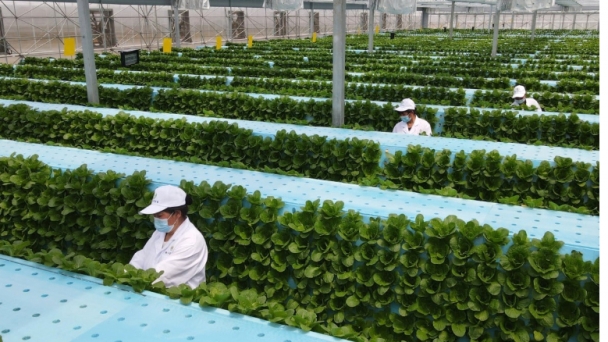
(VAN) China has reduced fertiliser use for eight consecutive years since 2015 and yet the country's agricultural output has steadily increased with 2024 grain production hitting a historic high.
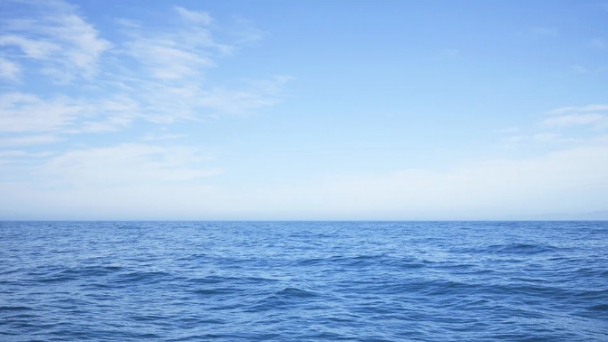
(VAN) Equatic is among a wave of start-ups exploring how the ocean could be harnessed to capture and store carbon. But not everyone is sure it's such a good idea.
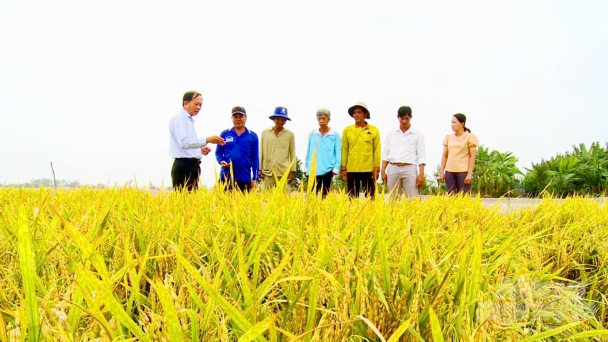
(VAN) An Giang has over 300,000 farmers directly engaged in rice production and 229 cooperatives playing a pivotal role in the implementation of the One Million Hectares of High-Quality Rice Project.
/2024/12/18/1550-3-080744_656.jpg)
(VAN) C.P. Vietnam continues to accompany Dong Thap province to build green embankments to protect land and prevent landslides on river banks in 12 districts and cities.
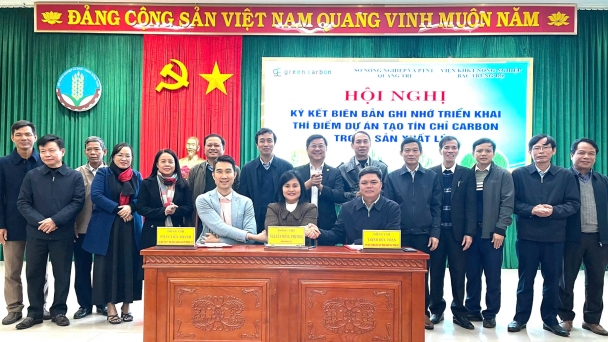
(VAN) The Quang Tri Department of Agriculture and Rural Development collaborates to pilot the Greenhouse Gas Emission Reduction Project in agriculture.
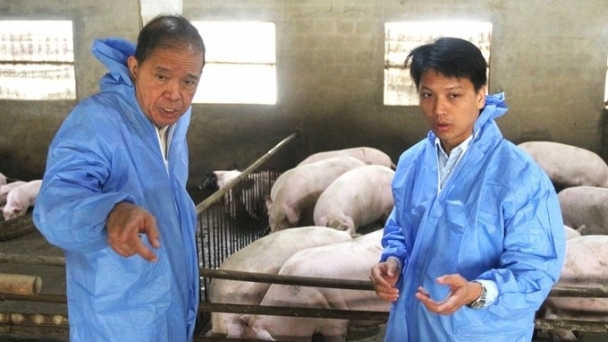
(VAN) Positive results in mass vaccination against African swine fever in Vietnam will become important evaluation bases for other countries.
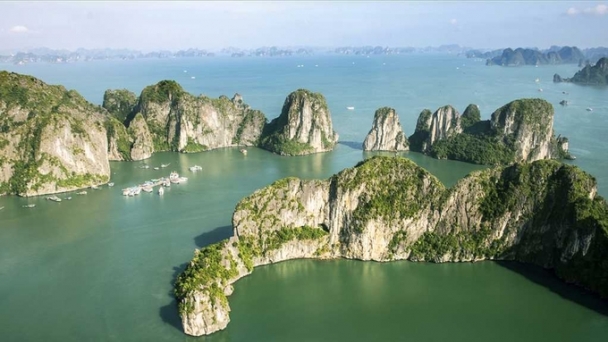
(VAN) Ha Long Bay's 30-year journey as a recognized world natural heritage site is reflected through the numerous achievements in promoting its heritage's values.